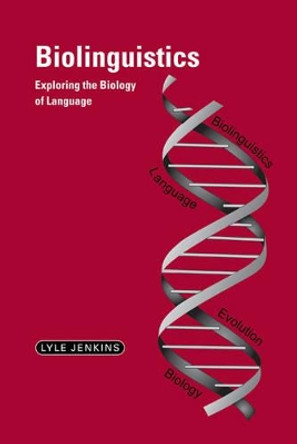This book investigates the nature of human language and its importance for the study of the mind. In particular, it examines current work on the biology of language. Lyle Jenkins reviews the evidence that language is best characterized by a generative grammar of the kind introduced by Noam Chomsky in the 1950s and developed in various directions since that time. He then discusses research into the development of language which tries to capture both the underlying universality of human language, as well as the diversity found in individual languages (Universal Grammar). Finally, he discusses a variety of approaches to language design and the evolution of language. An important theme is the integration of biolinguistics into the natural sciences - the 'unification problem'. Jenkins also answers criticisms of the biolinguistic approach from a number of other perspectives, including evolutionary psychology, cognitive science, connectionism and ape language research, among others.
Argues that biology plays a more central role in language acquisition than teaching or learning.Reviews'Jenkin's book is useful for the range of topics it discusses, and for the historical dimension that it provides on biolinguistic exploration as seen from a Chomskyan viewpoint.' Andrew Carstairs-McCarthy, Diachronica
Book InformationISBN 9780521003919
Author Lyle JenkinsFormat Paperback
Page Count 280
Imprint Cambridge University PressPublisher Cambridge University Press
Weight(grams) 452g
Dimensions(mm) 228mm * 155mm * 19mm








